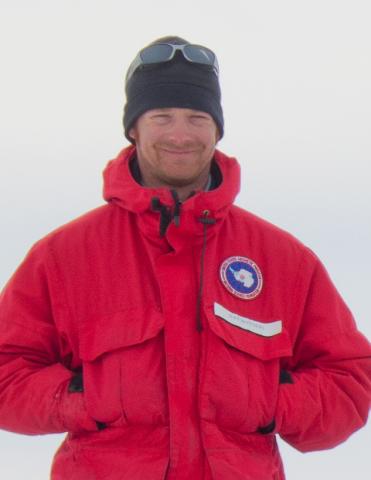event
Microbial Dynamics Along the Western Antarctic Peninsula, a Polar Ecosystem in Flux
Primary tabs
EAS Spring Seminar Speaker Presents: Dr. Jeff Bowman, Scripps Institute of Oceanography
The west coast of the Antarctic Peninsula is a vibrant but highly perturbed marine ecosystem responding to considerable historic fishing pressure and changing climate.
The Palmer Long Term Ecological Research project has been studying a pelagic ecosystem along the WAP since 1993, providing critical insights into key ecological processes. Only recently however, have modern molecular tools been applied to understand the diversity and function of the marine microbes at the base of the WAP food web.
Using five years of data we’ve shown that bacterial production, a key carbon transformation in the global ocean, can be predicted at a coastal WAP site by the occurrence of specific bacterial taxa.
Here I’ll describe our approach, which provides a framework that can be used to link the ever-growing pool of microbial diversity data with ecological function in many ecosystems. To better understand the physiology underlying key WAP microbial processes we are now applying large-scale gene expression analysis (metatranscriptomics) to spatial and temporal gradients that correlate with major ecological features.
By mapping mRNA sequence reads back to relevant eukaryotic and prokaryotic genomes, we are able to discern shifts in trophic strategies and stress responses among specific microbes even as community structure shifts in response to ecosystem pressure.
Status
- Workflow status: Published
- Created by: nlawson3
- Created: 12/21/2017
- Modified By: nlawson3
- Modified: 03/08/2018
Categories
Keywords
User Data
Target Audience

